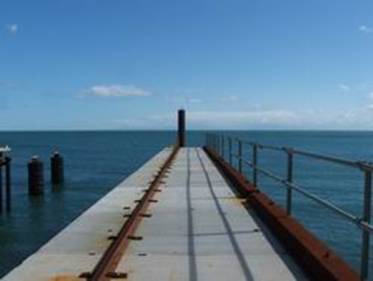Introduction
Northland Regional Council (NRC) is responsible under the Resource Management Act (1991) (RMA) for the control of activities that may cause adverse environmental effects. In Northland, these activities are controlled by the Regional Policy Statement (RPS), Regional Water and Soil Plan (RWSP), Regional Air Quality Plan (RAQP) and the Regional Coastal Plan (RCP).
In each of the Regional Plans, activities that have a minimal effect on the environment are "permitted" provided that they meet certain conditions. Activities that do not meet the criteria for a permitted activity either require resource consent or are prohibited. Under the Act, NRC is also responsible for monitoring and reporting on the efficiency and effectiveness of rules contained in these plans, and compliance with resource consents issued under the rules.
When resource consents are issued, conditions are set to limit the impact of the activity on the environment to an acceptable level and to meet the objectives of the relevant Regional Plans. All resource consents issued by NRC also contain a condition stating that actions undertaken under the consent will be monitored by the Council for compliance.
The level of monitoring undertaken for resource consent varies depending on the duration and potential impact of the activity. For example, a permanent structure in the Coastal Marine Area (CMA) may be monitored once every three to five years, whereas a short-term, high impact activity may be monitored whilst it occurs, or upon completion. This means that, in any one year, the number of consented activities does not correlate to the number of monitoring visits undertaken by NRC staff.
During each monitoring visit, the consented activity is graded according to compliance (fully compliant, minor non-compliance or significant non-compliance). In the event of significant non-compliance, NRC has a number of tools by which it can enforce the conditions of resource consent. These include on site agreements between council staff and contractors, warning letters, abatement notices (which require a person to stop or not start a non-compliant action, or to do something to ensure compliance), infringement notices (which carry a variety of fines) and enforcement orders. In serious cases, it may also be necessary to prosecute individuals or companies who have broken the law.

Photo: Structure in the Coastal Marine Area
